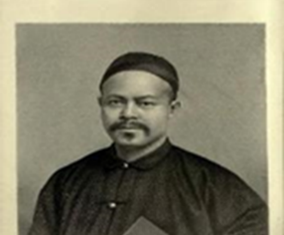Virtual Presentation!
Justices of the peace ruled on colonial Americans’ smallest disputes: an overdue IOU, a corn crop damaged by swine, a stolen shirt, a hurtful public accusation. Then the Revolutionary War came. Amid the war, as Americans sorted out their relationships to the “Glorious Cause,” many of the judges of small causes kept their offices and continued to go about their business.
This virtual presentation by Hannah Farber is part of a book project on civil litigation in the early American republic, will use surviving justices’ dockets to show how different types of magistrates–farmers, ministers, urban merchants, and Patriot enforcers–handled the provision of justice to their neighbors amid Revolutionary disruption. Hannah recently conducted research at the Connecticut Museum for this project.
This virtual presentation is free and open to the public. Click here to register.
Questions? Contact Public Programs and Special Events Coordinator, Jen Busa via email at jbusa@connecticutmuseum.org.
About the Speaker: Hannah Farber is an assistant professor of history at Columbia University. She is the author of Underwriters of the United States: How Insurance Shaped the American Founding (Omohundro Institute/UNC Press, 2021) and a series editor for American Beginnings: 1500-1900 at the University of Chicago Press.
Image: Burn’s Abridgment, or the American Justice (Dover, New Hampshire, 1792)




